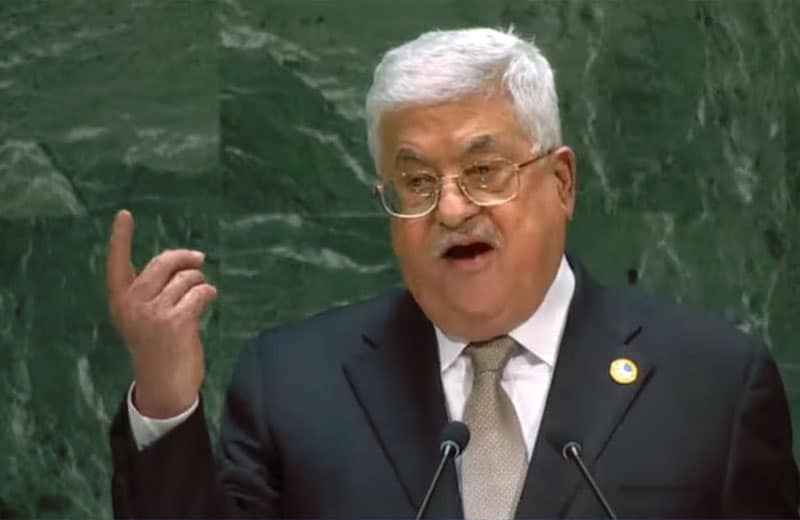Palestine Not Qualified As Sovereign State
In the past week, Australia, France, Canada, Malta, and the UK said they will recognize “Palestine” as a state. They are doing this to put pressure on Israel, but “Palestine” is not a state, and it does not meet UN criteria for a state.
The political entity often referred to as “Palestine” does not meet the legal definition of a sovereign state under international law. The criteria, set out in the 1933 Montevideo Convention, require a permanent population, defined territory, an effective government, and the capacity to conduct foreign relations.
Judea and Samaria — the biblical names for part of the region for over 3,500 years — were renamed the “West Bank” by Jordan following its 1950 annexation after the 1948–49 war. The use of “West Bank” became common internationally but is criticised for erasing the area’s historic Jewish identity and Israel’s sovereignty claims.
While a permanent Palestinian Arab population exists in Gaza and parts of Judea and Samaria, the area lacks clearly defined borders under its full control. Israel administers more than 60 per cent of Judea and Samaria (Area C) and maintains overriding security control across the territory. Even in Arab-majority towns without Jewish residents, the Palestinian Authority (PA) often has limited authority.

Hamas and Palestinian Authority
The PA, headquartered in Ramallah, is frequently described by foreign governments and the United Nations as the governing body of the “West Bank.” In practice, it holds only partial administrative control in Areas A and B under the Oslo Accords. Hamas, a rival faction to the PA, controls Gaza. The two administrations have no unified governance.
Mahmoud Abbas was elected PA president in 2005 for a four-year term but has remained in power for two decades without holding new elections. Critics label the PA an unelected, authoritarian regime, undermining claims to democratic legitimacy.

The PA conducts foreign relations with many countries and has UN non-member observer state status, but it is not a full UN member and lacks universal recognition.
Under the Montevideo Convention’s framework, the absence of undisputed borders, unified effective governance, and full international recognition means “Palestine” does not qualify as a sovereign state.

